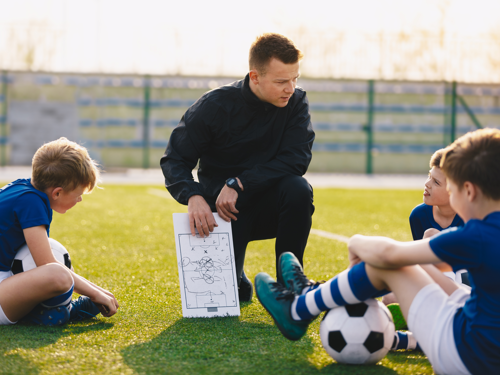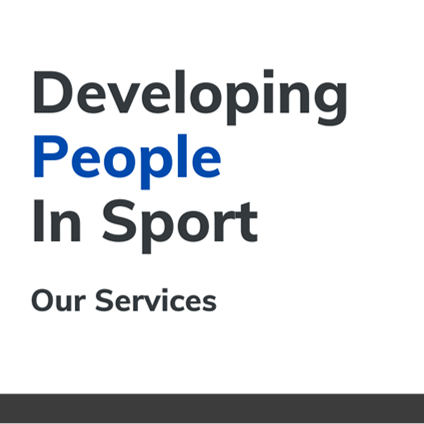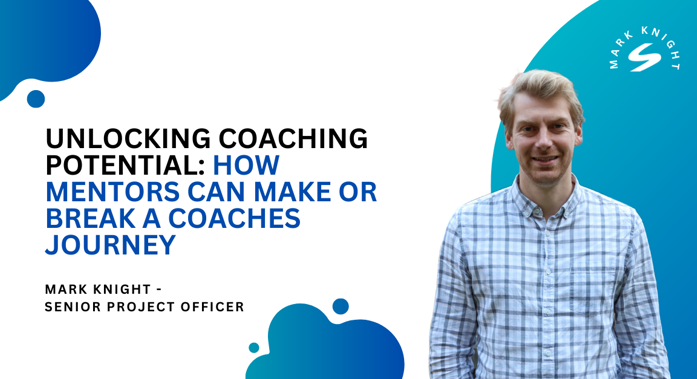Close your eyes and visualise the typical volunteer coach in your sport. They might have a bat and/or ball under their arm, whistle around their neck, or tactics board in hand. They might be relatively new to the coaching scene, session plan in hand developed the night before after googling activities and exercises appropriate for their group. Alternatively, they may have years of coaching experience, and be able to draw on a raft of former session plans, tweaking them to suit the needs of their participants.
Delve deeper beyond their appearance or experience and you will find individuals who will have experienced similar feelings at some point within their coaching sessions; some nervousness and excitement in anticipation of what they are going to deliver, the buzz as the athletes arrive, frustration or elation at how an activity is performed, and possibly despair or satisfaction when reflecting on their session delivery.
Each coach will utilise different mediums to continue to develop; some will have access to an assistant or co-coach to bounce ideas off and review sessions, whilst others will rely on technology in the form of recording and analysis of sessions or fixtures through a pop-up pitchside camera. They may have access to expert knowledge whilst going through qualifications with course days, assessments and In Situ Visits, however, this is usually short-term until the course ends. They may well inevitably turn to the reams of expert content and knowledge, session plans and coaching videos available online. Indeed, one quick search of Twitter can have you accessing anything from a tactical explanation of Pep Guardiola’s all-conquering Barcelona, to an in-depth analysis of the winning culture fostered by the All Blacks. 
|
The most fortunate coaches are, arguably, those who have access to a mentor – defined by Oxford Dictionary as ‘an experienced person who advises and helps somebody with less experience over a period of time.’ For most volunteer coaches, their mentor may be someone more senior within their club, asking how things are going when they see them across the car park every few weeks. Even this small act can make a coach feel valued and support them to reflect on their coaching.
|
 |
Whether they are part of the same organisation or not, an effective mentor should support a coach on their learning journey, acting as a trusted advisor and sharing learning from their own experiences. Each mentee will respond differently; some may want a more hands-on approach, observing or co-delivering with a mentor. Others will prefer to be observed and receive feedback and reflections during or following delivery. In my experience, it is key that the mentee drives this part of the relationship to ensure that the mentor meets their needs. The mentor skillset encompasses so many skills important within the sports sector; relationship building, observation and analysis, active listening and effective questioning. You might well be a mentor without even realising!
At Sport Structures, our consultancy team embody this mentor skillset and more, as we place people at the heart of everything we do. We continue to support organisations to understand their people, and develop coaches, volunteers, and the wider workforce.
How are you developing yours?
Senior Project Officer
Click Here to find out more about Mark!
Related Services

Find out more about Developing People in Sport!




